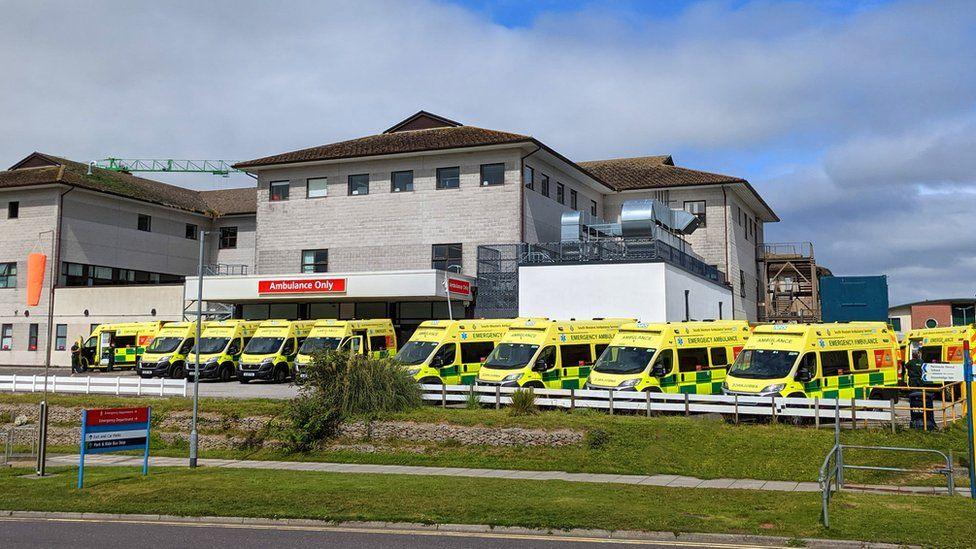Cornwall tourist died after two-hour wait for ambulance, inquest hears
- Published
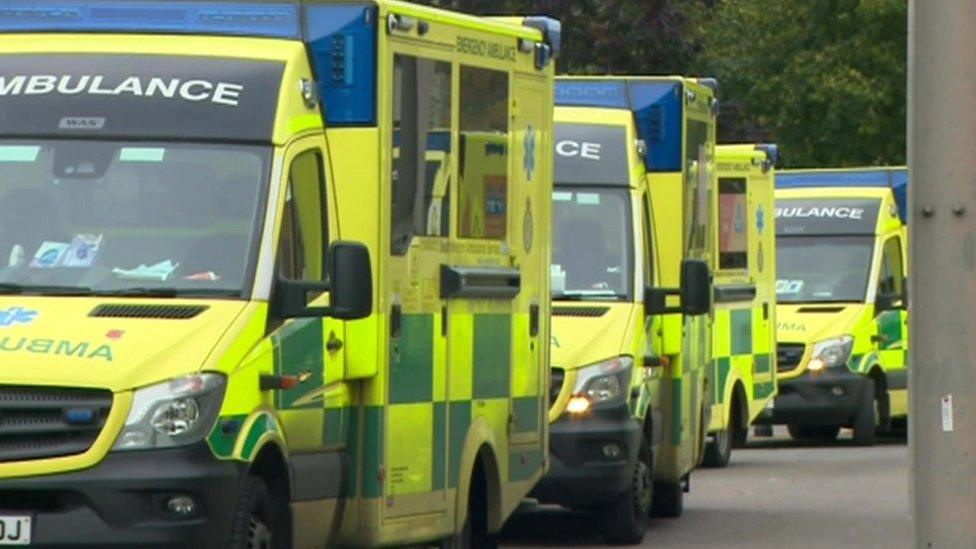
Tony Reedman died after waiting nearly two-and-a-half hours for an ambulance to arrive in Cornwall
Ambulance delays in Cornwall "significantly reduced" the chances of a man surviving a stroke, an inquest has heard.
Tony Reedman, 54, died four days after suffering a stroke while on holiday in Cornwall in June 2021.
The inquest heard he waited nearly two-and-a-half hours for an ambulance to take him from his holiday cottage to the Royal Cornwall Hospital at Truro.
The case is among three in the county raised with the government.
Andrew Cox, senior coroner for Cornwall, said ambulance delays in the case of Mr Reedman and two others, David Morganti and Winnie Barnes-Weeks, were either the cause or a contributing factor in their deaths.
Mr Reedman, from Norfolk, started feeling unwell on the evening of 26 June and his wife, Jill, dialled 999.
The call handlers suspected he was having a stroke and graded him as a priority two - meaning an ambulance should have reached him within the national target of 18 minutes.
He underwent surgery in hospital, but developed a cerebrovascular infarction and died four days later.
Guy Davies, assistant coroner for Cornwall, said the delay in the ambulance reaching Mr Reedman directly led to the delay in treatment starting at hospital, which could have saved his life.
'Recurring themes'
"I find that the delay between the 999 call and Tony being taken to hospital significantly reduced his chances of surviving the blood clot," he told Cornwall Coroner's Court.
"The average stroke patient has a one in three chance of a positive outcome following treatment by thrombolysis in the first hour following a stroke.
"This is reduced down to one in 30 after four-and-a-half hours. Tony's stroke was more serious than the average.
"I find on the evidence it is not possible to definitively determine whether Tony would have survived if he had arrived at a hospital earlier and been treated earlier."
In a preventing future deaths report to Health Secretary Steve Barclay, Mr Cox said hospital bed-blocking and ambulance delays were "recurring themes" in the cases.
'Parked outside hospital'
He said he had been told by the medical director at the South West Ambulance Service Trust that delays were being caused by ambulances being in the "wrong place at the wrong time".
"When they are required for emergency responses, they are parked outside Royal Cornwall Hospital with patients in the back for extended periods," he wrote.
"On occasions this summer and autumn, there have been queues of over 20 ambulances outside the emergency department and delays have been longer than a paramedic's shift."
The coroner said the Royal Cornwall Hospital's medical director had told him there had been at times the equivalent of five wards of patients fit for discharge, but they could not leave due to problems with the social care sector.
Mr Cox wrote about a fourth inquest into the death of Robert Conybeare, which found he died after suffering a fall in hospital at a time when he was fit to be discharged but there was no suitable social care support.
He wrote: "My central concern is how the delays that are currently manifest can be mitigated in the intervening months, particularly given the likely increase in demand for ambulances/hospital admissions during the winter months."
'Tackle the backlog'
The report gives the Department of Health and Social Care until 10 January to respond to the coroner's concerns.
A spokeswoman said: "Each of these four deaths is a tragedy and our sympathies are with the families affected.
"We have received the prevention of future deaths report and will be responding to the coroner in due course.
"We have prioritised health and social care in the autumn statement, with an additional £6.6bn available over the next two years, to tackle the backlog, speed up discharge and ensure patients are getting the care they deserve quickly."
In a joint statement Cornwall and Isles of Scilly Integrated Care Board (ICB), Cornwall Council, Royal Cornwall Hospitals NHS Trust and South Western Ambulance Service NHS Foundation Trust extended their sincere condolences to the families of the patients referenced in the report.
Kate Shields, ICB CEO, said: "The report highlights the complex pressures on all parts of our health and care system that our staff are working tirelessly to resolve.
"We have recently introduced new ways of working with the aim of reducing delays in patients' journeys from their admission through to discharge in both our acute and community services.
"These changes have resulted in some improvement in ambulance response and handover times in Cornwall but we will continue to focus our efforts until we are confident all patients get timely access to care."

Follow BBC News South West on Twitter, external, Facebook, external and Instagram, external. Send your story ideas to spotlight@bbc.co.uk, external.
Related topics
- Published21 November 2022
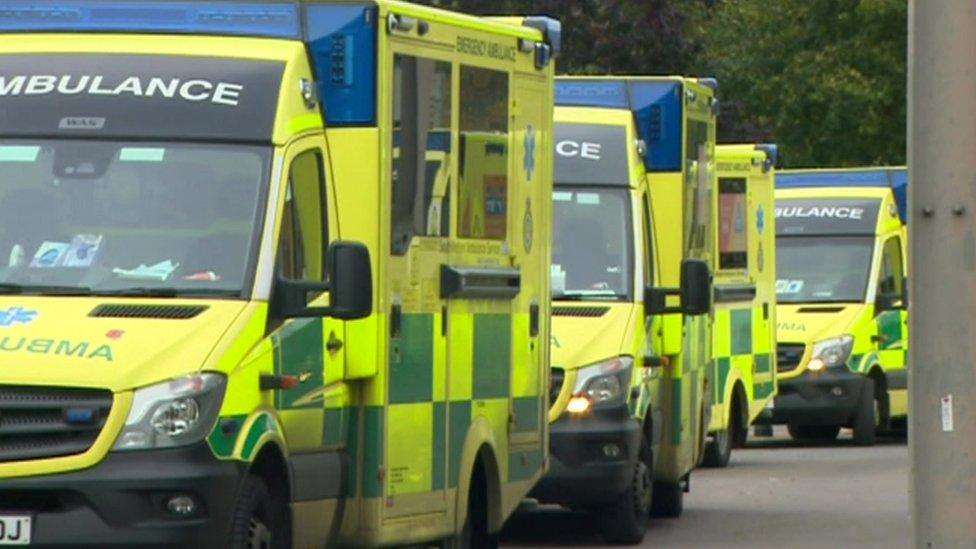
- Published17 October 2022
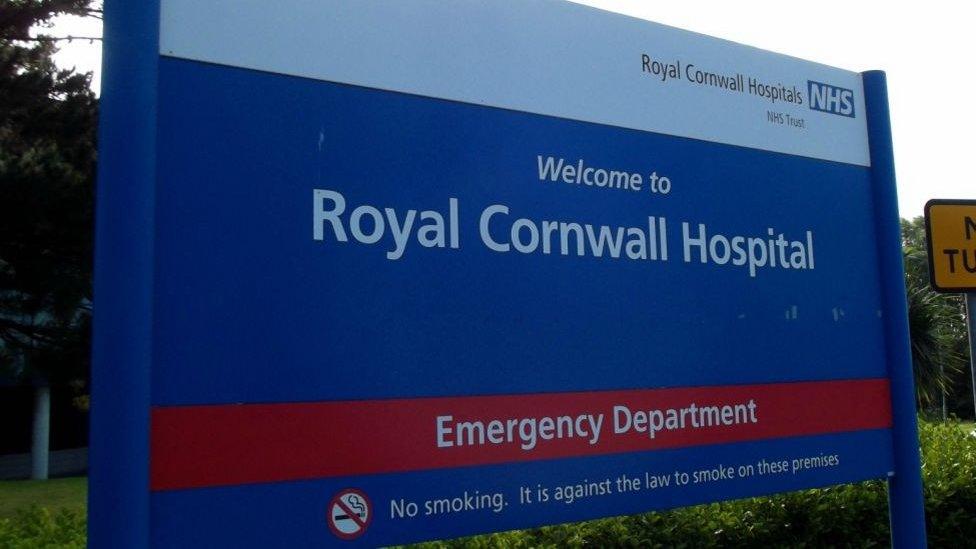
- Published13 October 2022
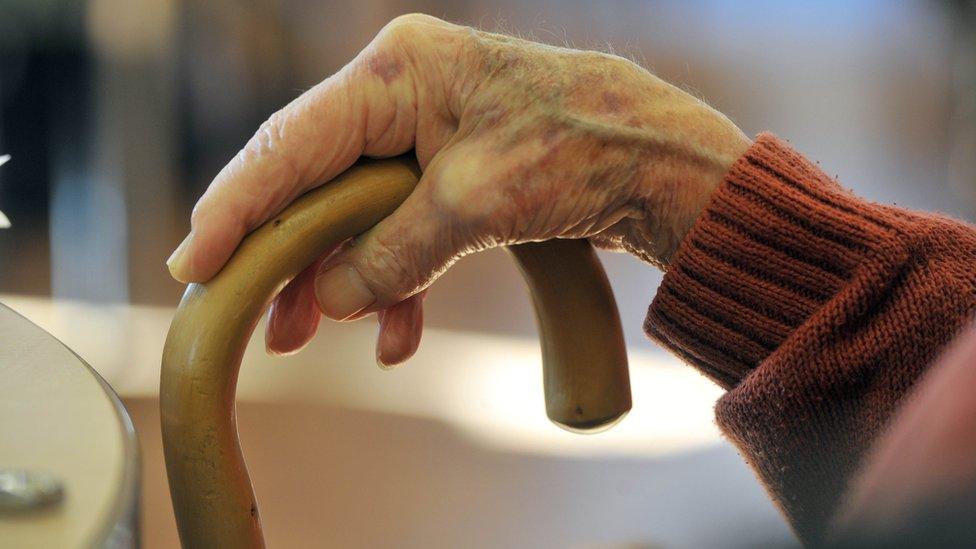
- Published19 August 2022
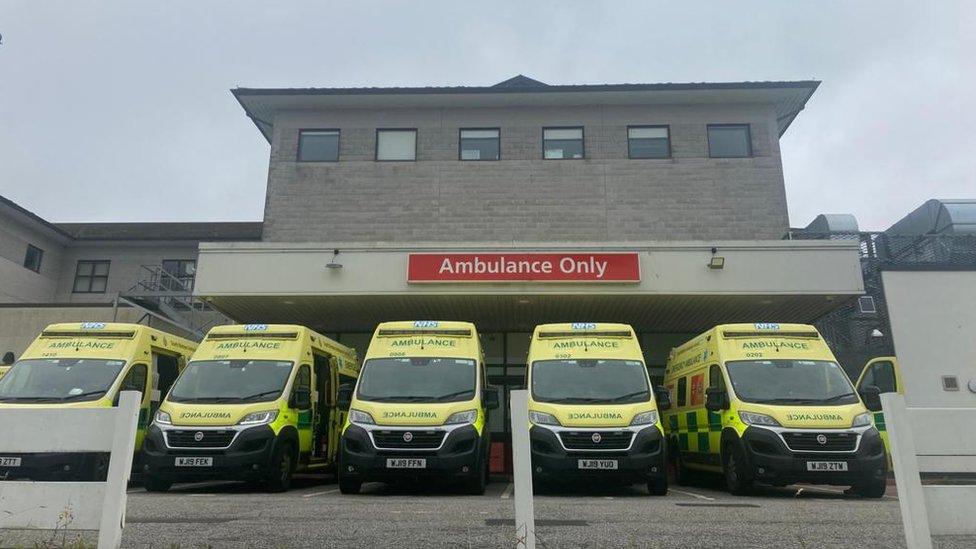
- Published13 July 2022
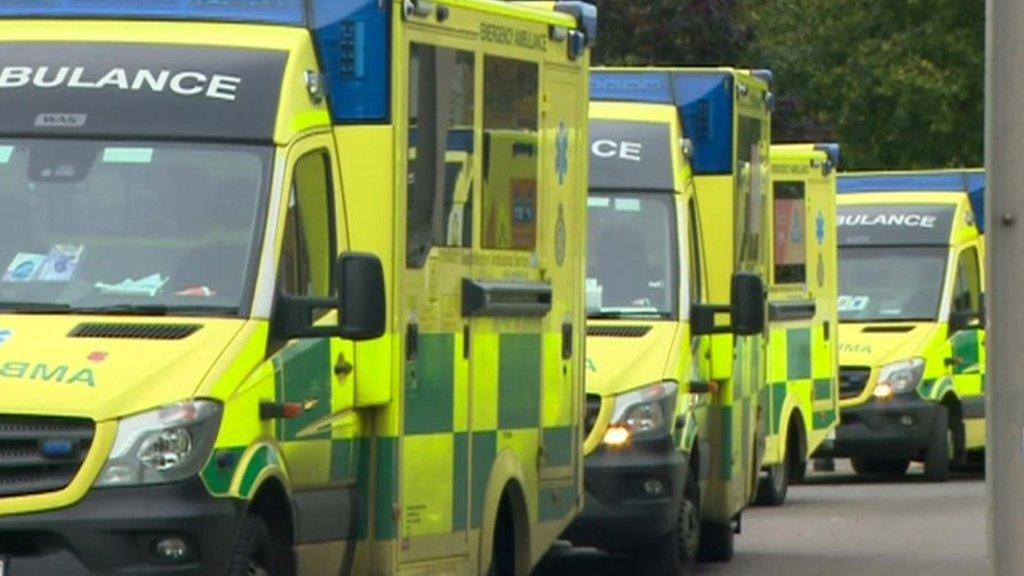
- Published13 July 2022
